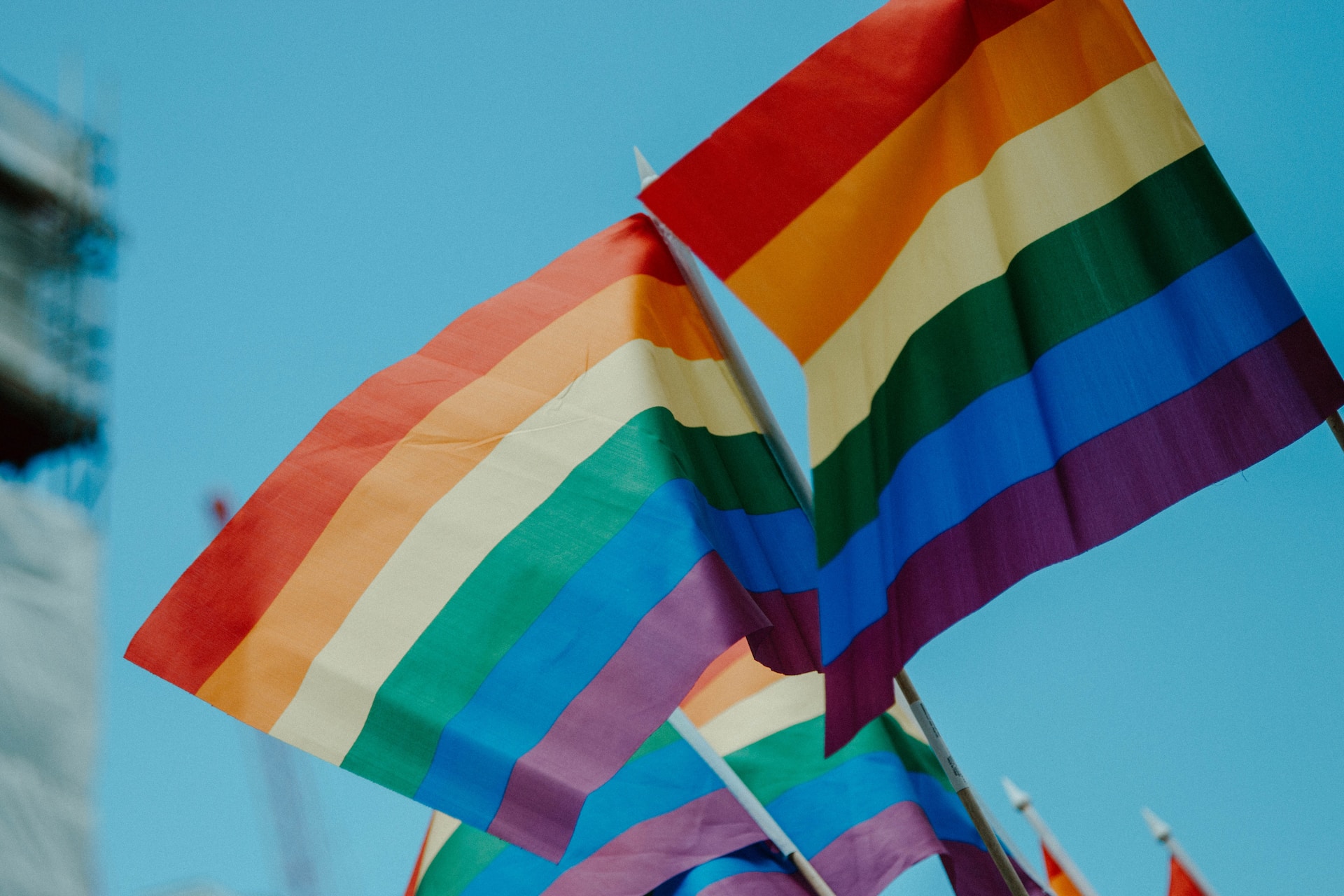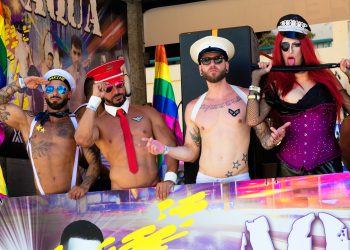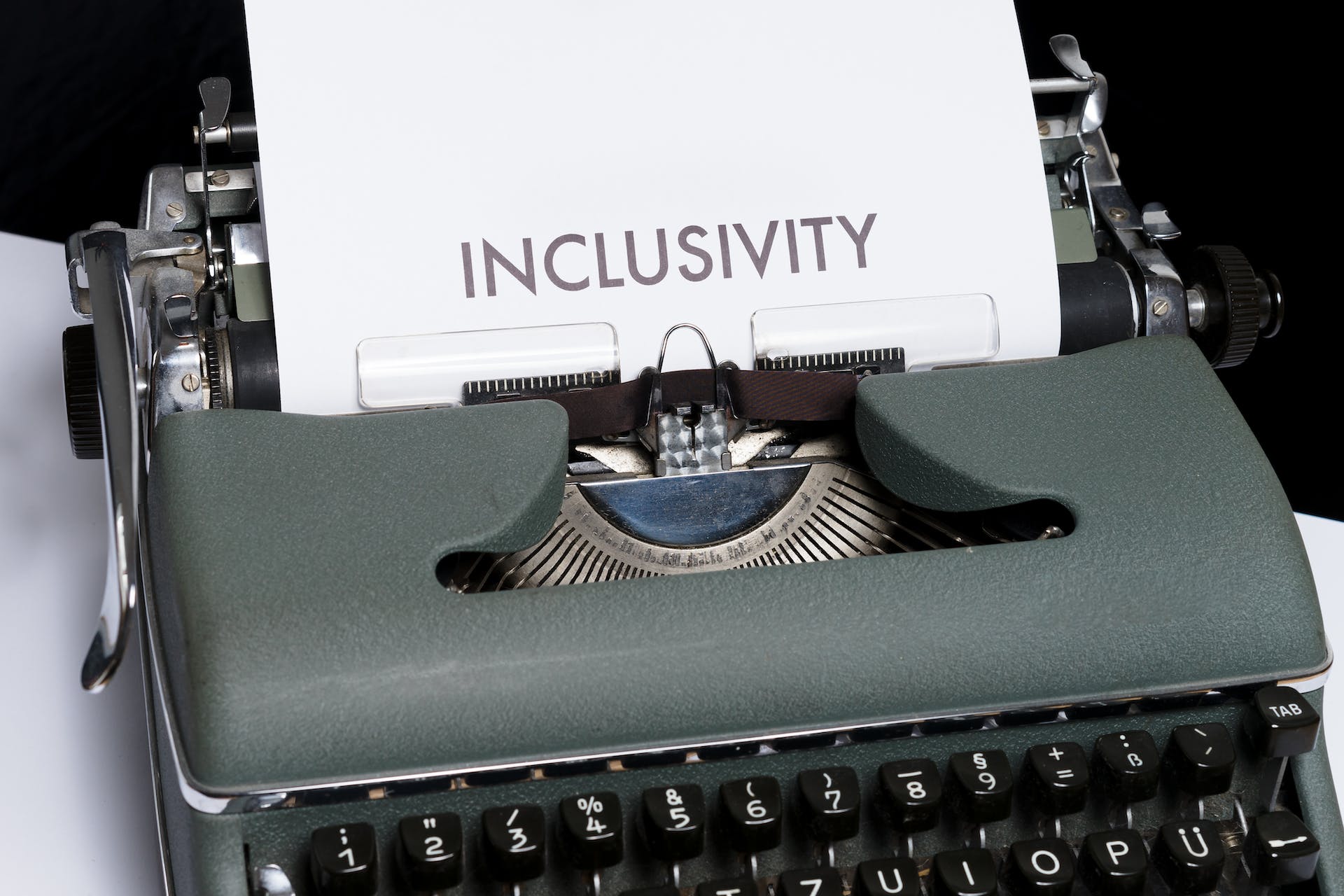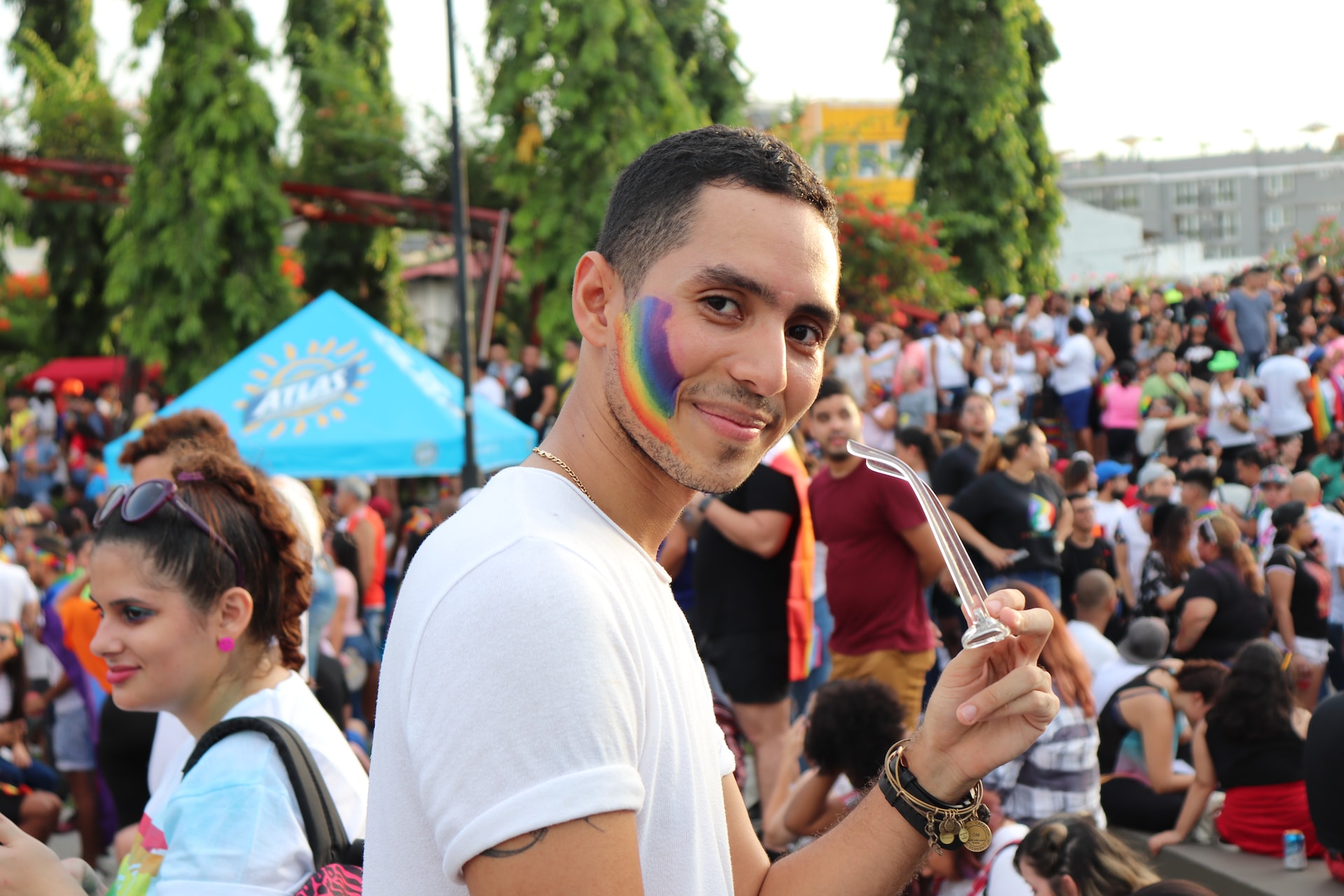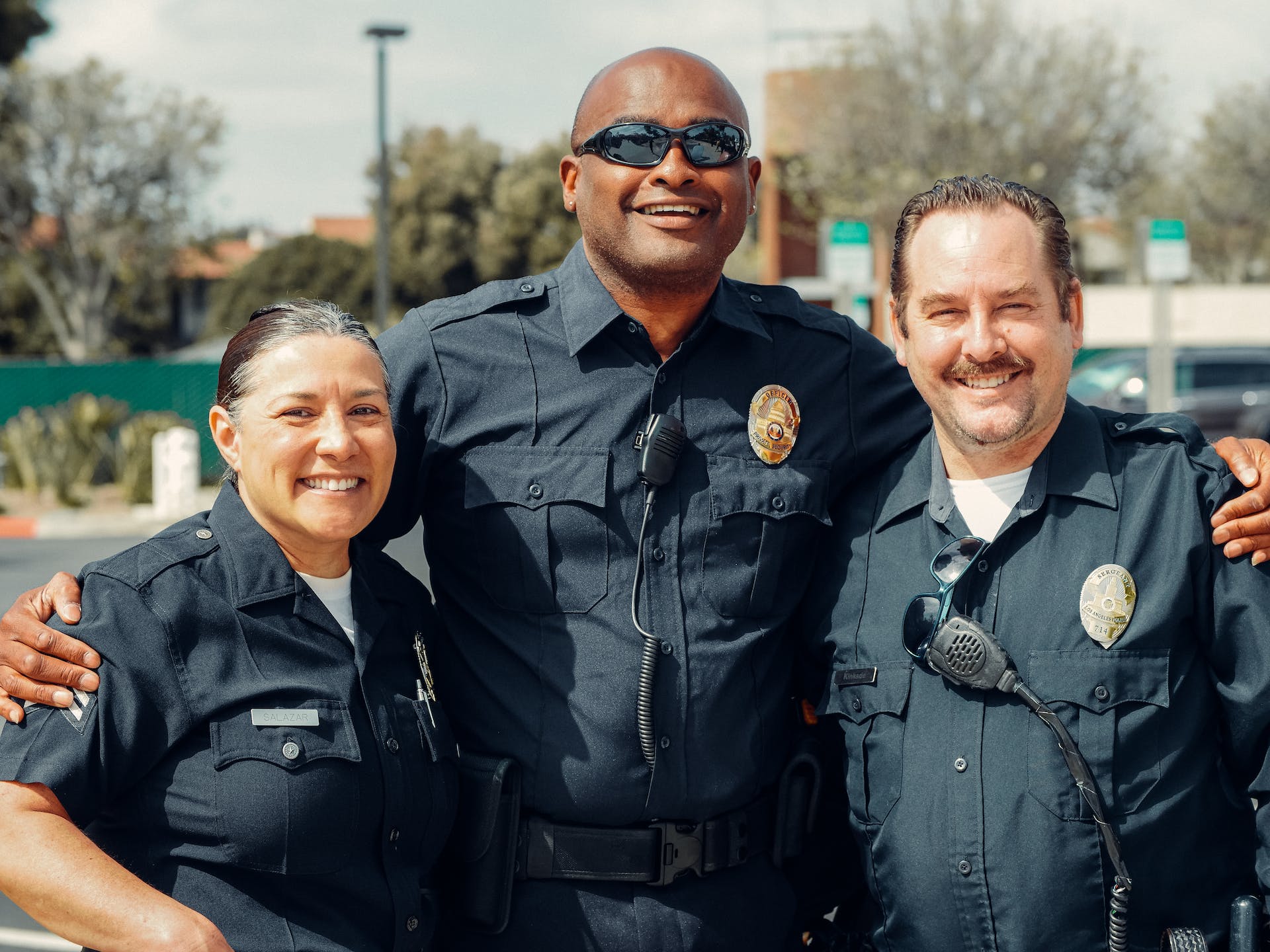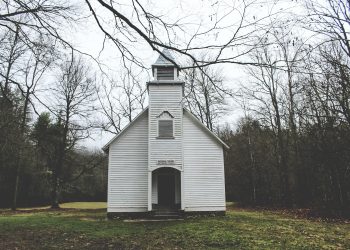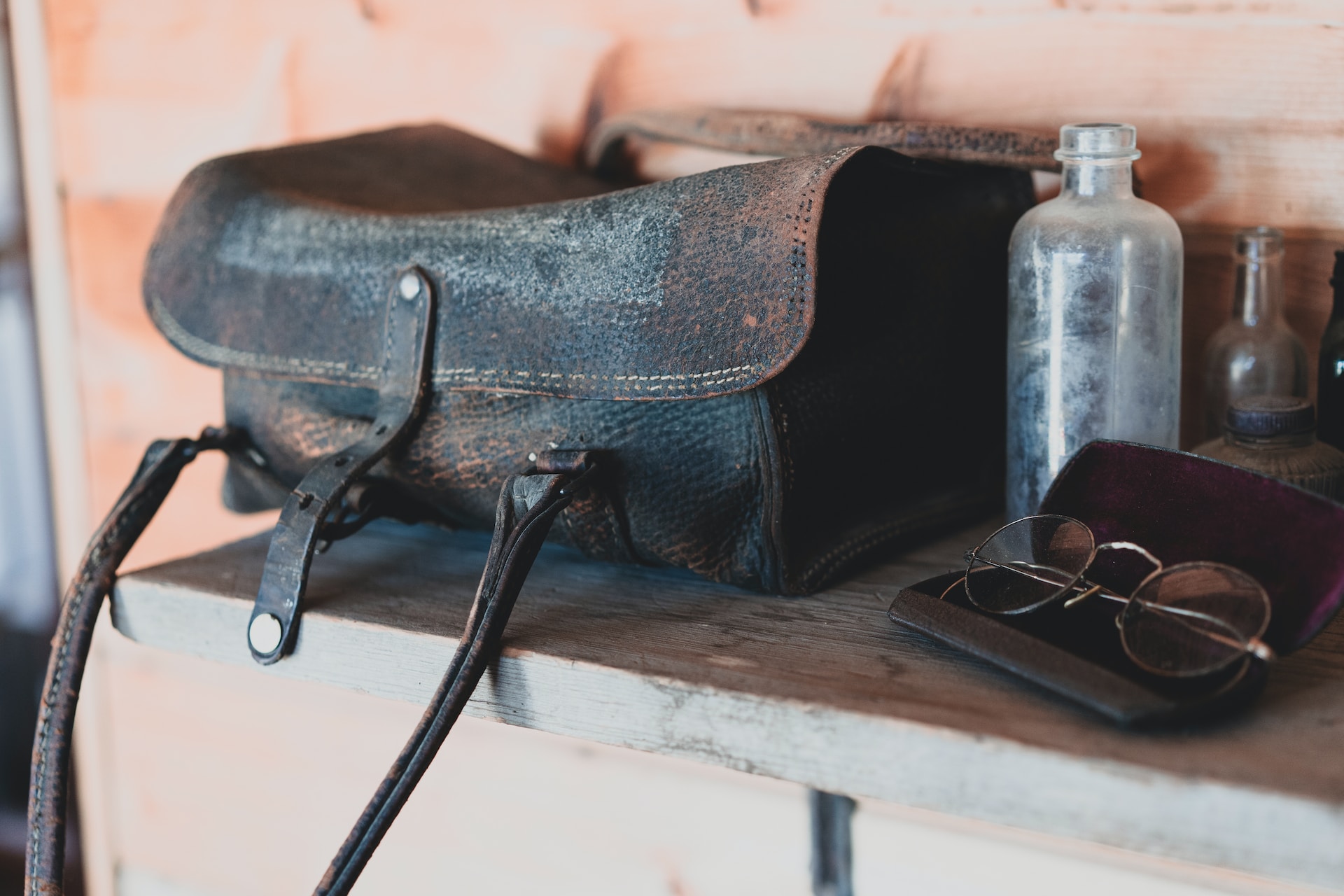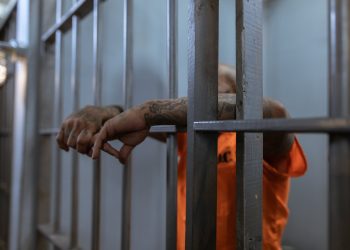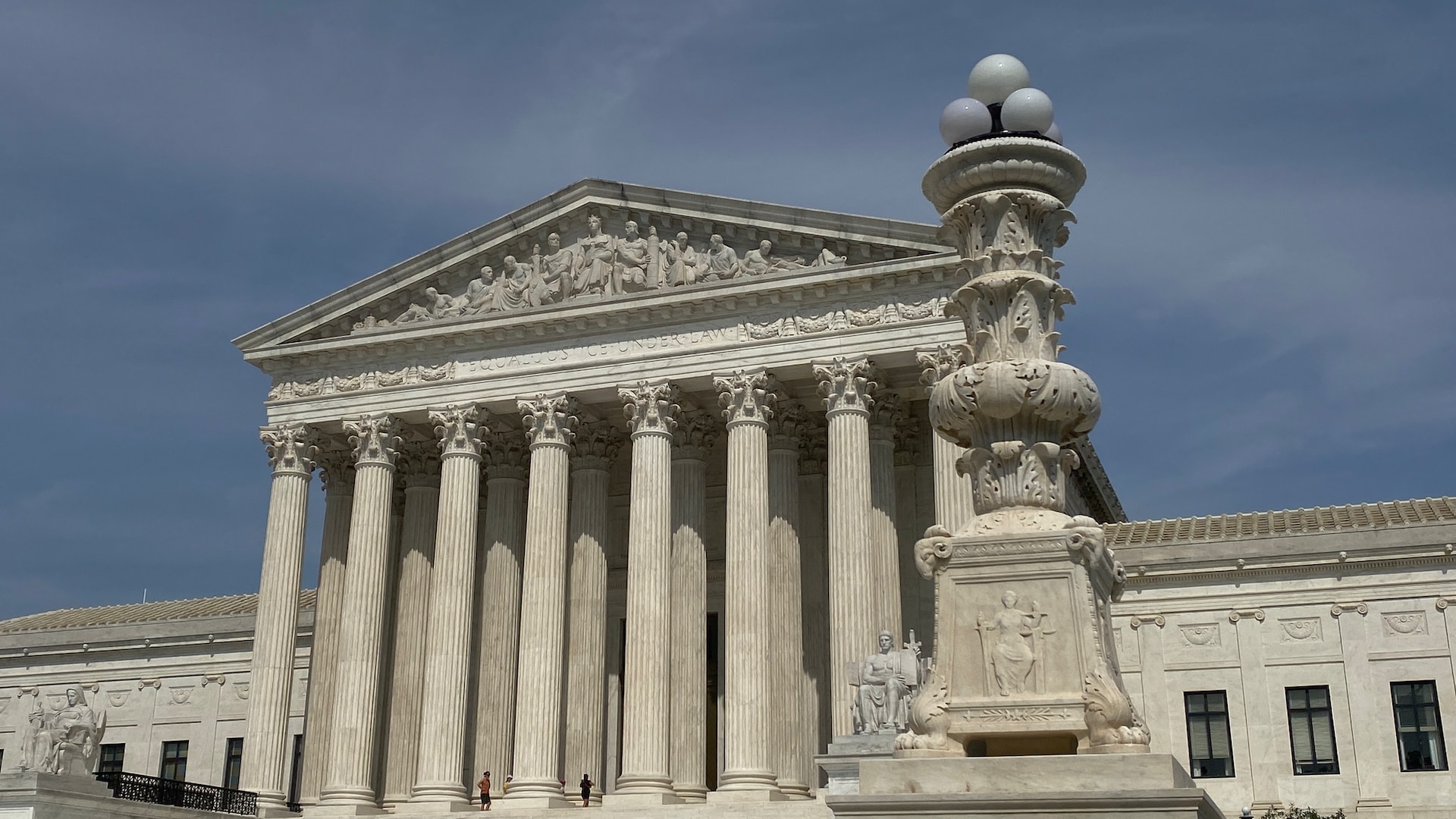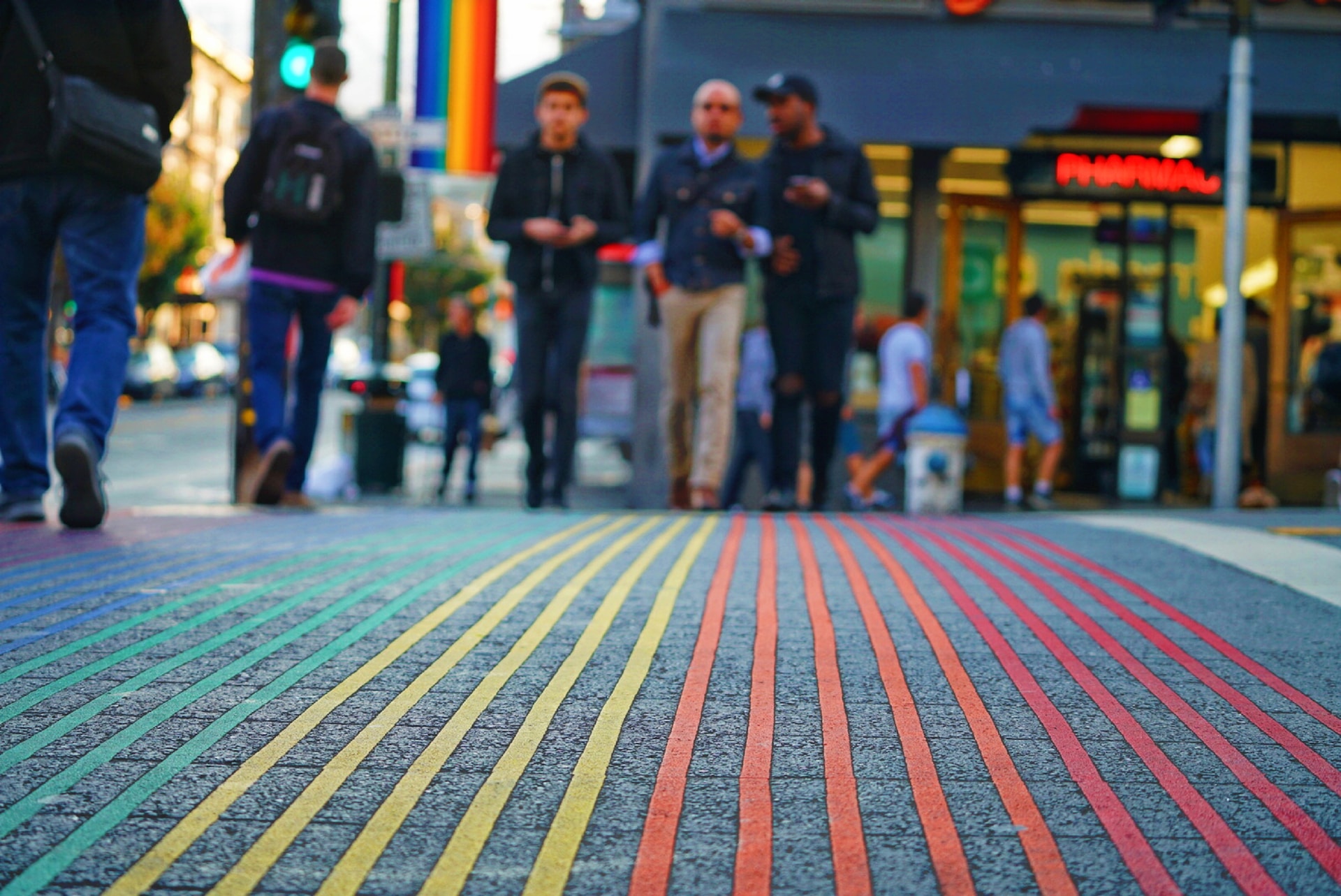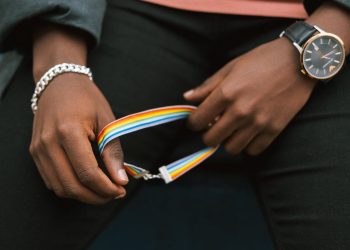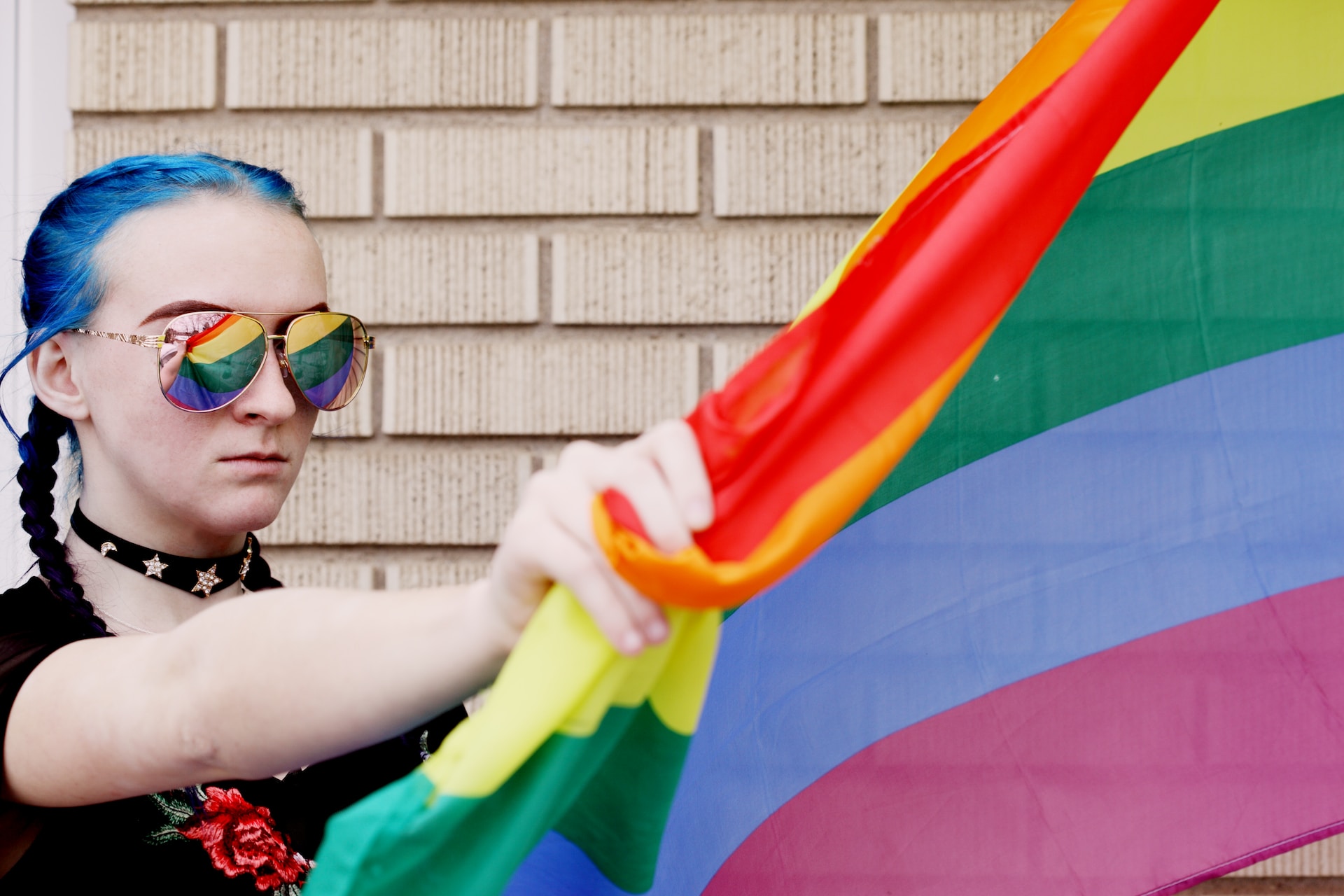Mike Johnson’s recent election to the role of Speaker of the House has been met with fervent discourse across the political spectrum. After a six-year tenure representing Louisiana in the House, this 51-year-old conservative’s rise to one of the most commanding positions on Capitol Hill is fraught with both commendation from his supporters and severe criticism from his detractors.
Background: The Man from Louisiana
Originating from the Pelican State, Johnson has carved out a reputation as a steadfast conservative, often reflecting the sentiments of his constituency. His legislative portfolio bears the hallmark of traditional conservative values, with strong stances on fiscal responsibility, gun rights, and staunch opposition to abortion.
Ideology and Impact
Johnson’s conservative ideology has not only shaped his political career but also the very fabric of the Republican Party’s strategy. His unwavering principles have often been seen as a reflection of the party’s core values, appealing to a significant segment of the Republican base that prioritizes traditionalism and a literal interpretation of the Constitution.
Controversy and the LGBTQ+ Community
However, it’s his contentious stance on LGBTQ+ rights that has ignited the most debate. LZ Granderson, in his L.A. Times column, paints a picture of a politician whose ascent is marred by his opposition to the expansion of LGBTQ+ rights. Johnson has been clear in his beliefs, often aligning with the conservative wing of his party that has historically opposed measures aimed at advancing LGBTQ+ equality.
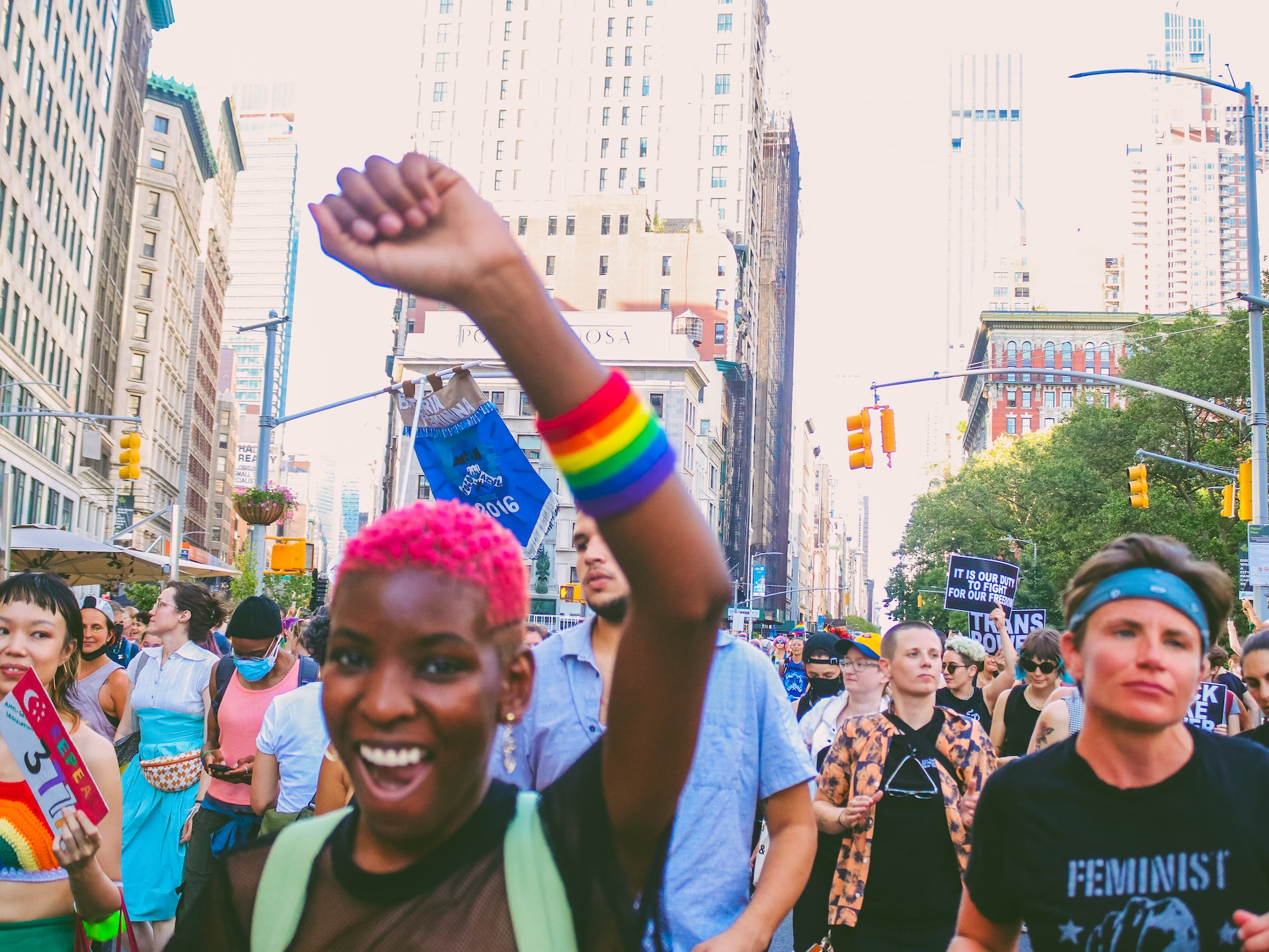
A Speaker’s Power and Policy
As Speaker, Johnson now wields considerable influence over the legislative agenda. His previous voting record and public statements on LGBTQ+ issues provide insight into potential future policies. Critics fear that his leadership could result in legislative setbacks for the LGBTQ+ community, while supporters argue it will reinforce traditional family values.
Reactions and Repercussions
The reaction to Johnson’s election as Speaker has been as diverse as it has been heated. Some see it as the triumph of conservative principles, while others view it as a step backward for inclusivity and civil rights. The implications of his tenure could have long-lasting effects on the social fabric of America and the rights of its LGBTQ+ citizens.
Conclusion: What Lies Ahead
As Mike Johnson takes the Speaker’s gavel, the question remains: How will his tenure influence the direction of the House and the broader national conversation on LGBTQ+ rights? His past as a compass for his future actions suggests that the journey ahead could be tumultuous for those advocating for greater LGBTQ+ inclusion and equality. Johnson’s legacy, for better or worse, will be defined by how he navigates these contentious waters in the coming years.
©unitedradiance.org


